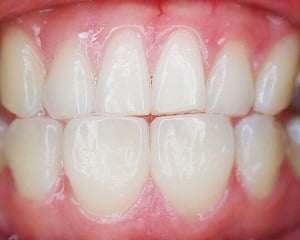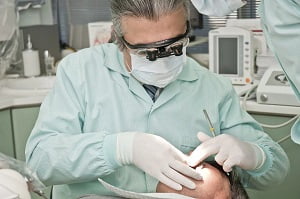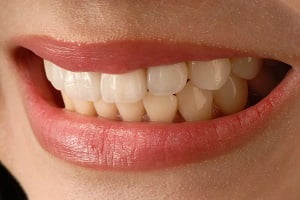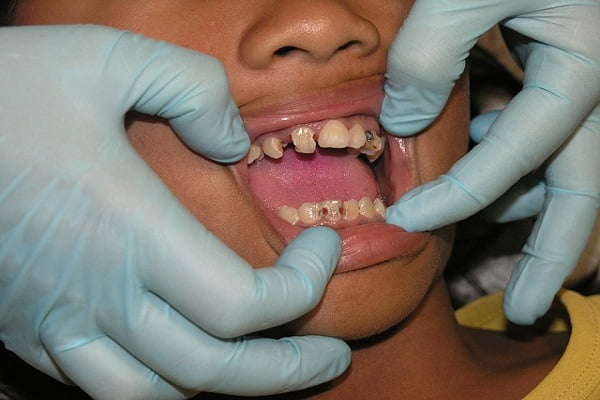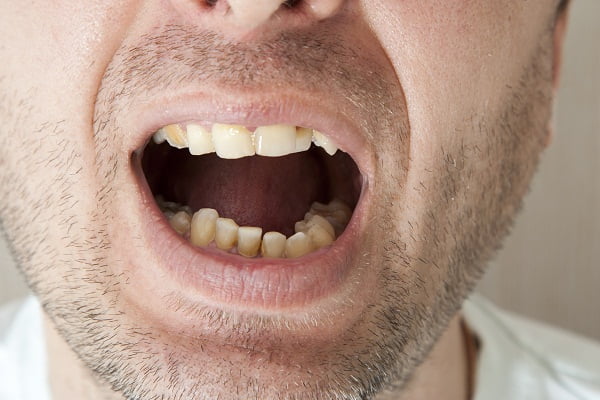Browsing: Dental Health

The page provides quick access to a list of common diseases, syndromes, health conditions, and other topics of health importance. The list is organized alphabetically. Links are provided to respective diseases sections that serve as a comprehensive and ultimate guide about the disease or health condition.
Effective and proper dental care of the mouth and teeth is highly important to a person’s general health and overall appearance. According to WHO, oral health is a state of being free from mouth and facial pain, oral and throat cancer, oral infection and sores, periodontal (gum) disease, tooth decay, tooth loss, and other diseases and disorders that limit an individual’s capacity in biting, chewing, smiling, speaking, and psychosocial wellbeing.
Untreated oral diseases or dental diseases can lead to gum problems, dental cavities, tooth loss, and many digestion-related issues. Scientists and dentists also believe that there could be a connection between certain dental problems or dental conditions and low birth weight, stroke, heart diseases, premature births, diabetes and certain other diseases. Primarily dental diseases are categorized into three types – formation of tooth decay, gum diseases, and oral cancers.
The most common oral diseases and conditions are dental cavities, periodontal (gum) disease, oral cancer, trauma from injuries, oral infectious diseases, gum infection, swollen gums, gum pain, and hereditary lesions. Dental cavities and periodontal disease are major causes of tooth loss.
Relationship Between Stress and Teeth Grinding (Bruxism)
There is a strong relationship between stress and teeth grinding (Bruxism). According to a report suggested by The Bruxism Association, it has been found that 70% cases of teeth grinding are related to increased stress levels. The stress that leads to teeth grinding can be of any type such as work related stress, financial stress, family stress, or daily life stress. It has been found that people working under a high paced, and stressful environment are at a greater risk of stress induced bruxism.
A dental crown is a tooth-shaped cap that is placed over your damaged tooth. You need a dental crown for restoring the original shape, size, strength, and appearance of your tooth. The tooth crown covers the entire visible portion of the tooth, including the tooth region below the gum line and tooth region above the gum line.
Sensitivity in teeth post-dental filling is common. A tooth may be sensitive to pressure, air, sweet foods, or temperature. You may become sensitive to cold or hot foods after dental filling. You can avoid certain foods and drinks for some time after getting a dental filling done.
What is Halitosis (Bad Breath)?
Dry mouth can cause bad breath. Saliva is necessary to keep your mouth moist, neutralize the acids produced by plaque, and wash the dead cells away from your tongue, gums, and cheeks. If these bacteria are not removed due to insufficient saliva, these cells decompose and cause bad breath.
Dry mouth or xerostomia is a symptom characterized by lack of saliva. The treatment of dry mouth often depends upon its underlying cause. There are different methods by which you can get relief from your dry mouth symptoms. Both medicinal and home remedies can be used in the treatment of dry mouth.
Dry mouth or xerostomia is one of the common symptoms during early pregnancy. It mostly occurs due to various hormonal changes that occur during early pregnancy and ultimately lead to several chemical changes. Pregnant women with dry mouth face many problems like difficulty in swallowing, speaking, sore throat, etc. Dry mouth in early pregnancy can be managed by following some simple tips.
A colored composite resin or bonding (adhesive) material whose color is similar to the tooth color binds the broken pieces of the damaged or decayed tooth. Chips, discoloration, cracks, spaces, shape of teeth, etc. all can be repaired with the help of dental bonding.
Bad teeth refers to unhealthy or ugly teeth with gum related issues in teeth, infected teeth, rotten teeth, decayed teeth, impacted teeth, etc. The unappealing appearance is also a matter of concern for people. New artificially made teeth set or veneers can be used to get rid of bad teeth.
If you have dental cavities, you may have a toothache or a dull pain in your mouth. Your teeth become sensitive, and visible holes appear in your teeth. Sometimes dentists miss the early signs. It is important to do a regular visit to a dentist so that your dentist can point out any abnormalities early on.
Loose Tooth & Pain in Adults
Loose teeth are very common in children. But loose permanent teeth in adults are a major concern because it may indicate some problems with the bone or ligaments securing the teeth in place. Loose teeth can be slightly loose or persistently loose which may require immediate attention.




